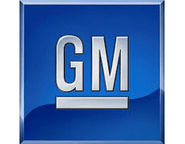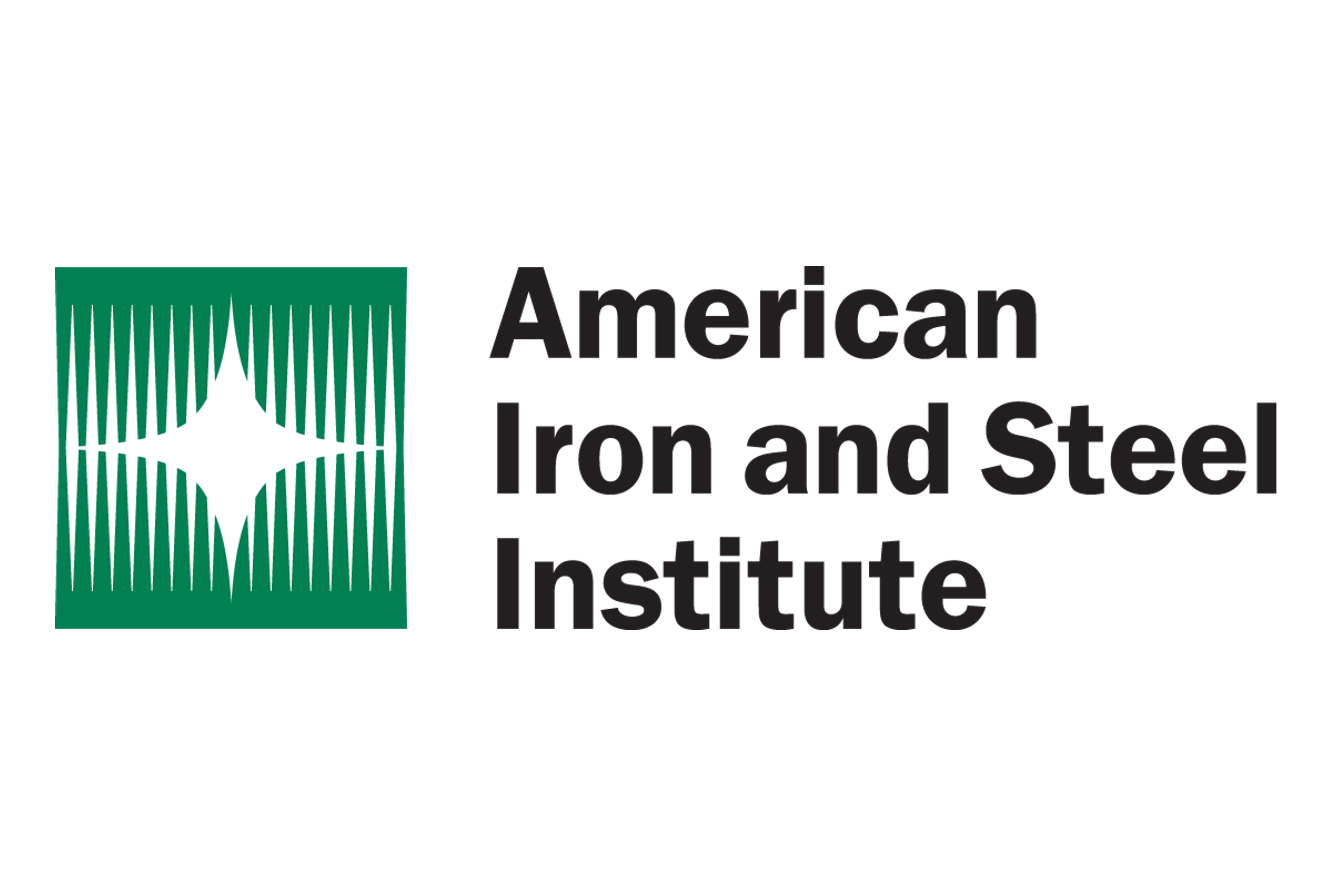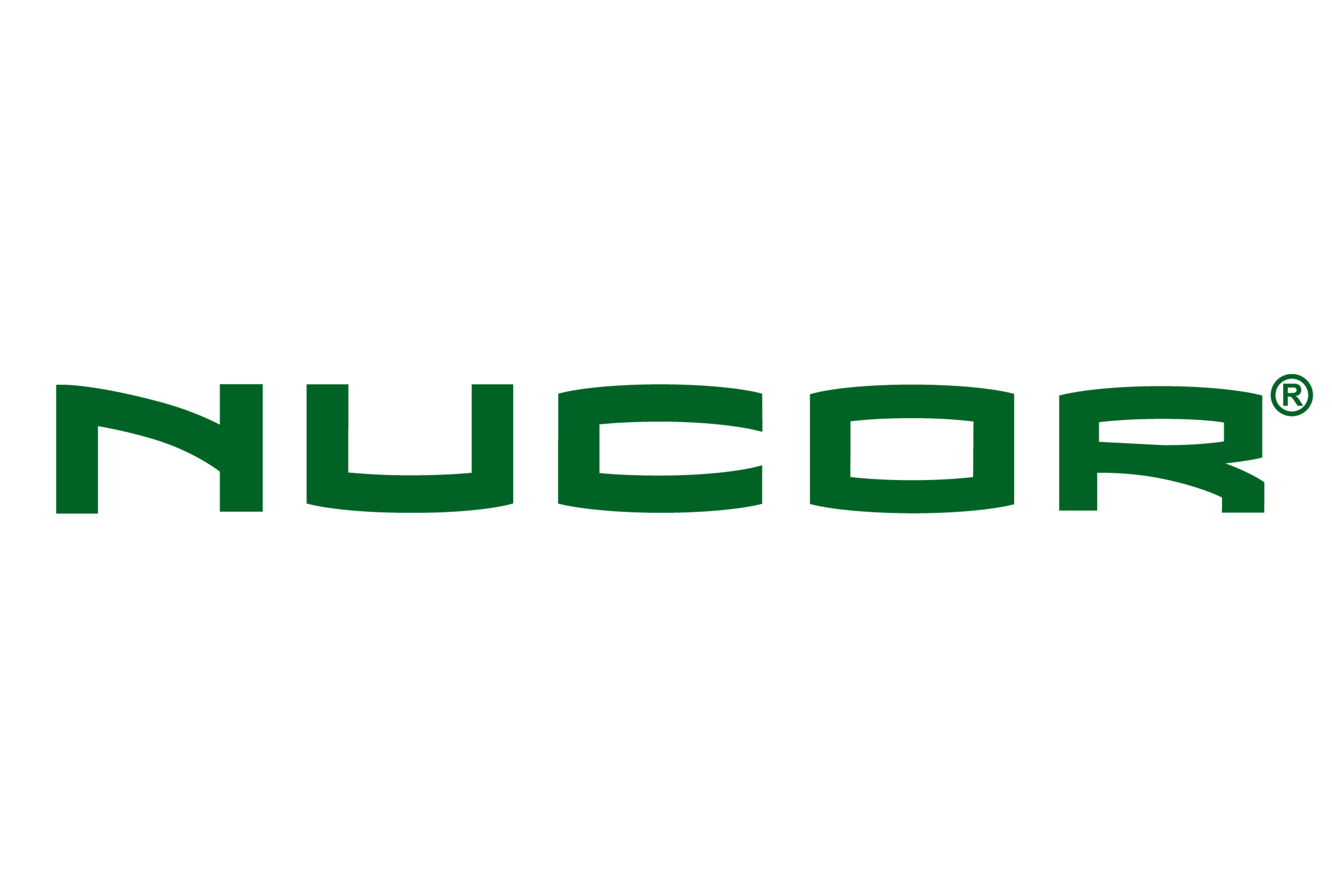Analysis

December 17, 2021
Production Bottlenecks Improve at GM Plants
Written by David Schollaert
Automakers are beginning to report improvements in semiconductor and supply-chain-related downtime, with General Motors Co. the latest to report production gains due to better inflows of the microchips.
![]() At one point, the Detroit, Mich.-based GM had nearly idled every North American assembly plant in September. Widespread outages or production cuts were seen from mid-summer and well into October and November.
At one point, the Detroit, Mich.-based GM had nearly idled every North American assembly plant in September. Widespread outages or production cuts were seen from mid-summer and well into October and November.
The automaker has since seen substantial improvements, confirming to Steel Market Update of better flow of semiconductors in its supply chain. All North American assembly plants are back running regular production, the spokesperson said, and volumes are increasing in the fourth quarter.
“In fact, several of our plants are running weekend overtime shifts, including our mid-size truck, full-size truck and full-size SUV plants,” she said. The added shifts were to complete vehicles that were built without certain modules due to the shortage of chips. “We also expect to see higher volumes in 2022 compared to 2021,” she added.
EV Investment
The positive news coming out of the largest U.S. carmaker didn’t stop there. GM plans to invest heavily in its electric vehicle (EV) segments, devoting significant capital towards dedicated EV expansions and upgrades at some of its assembly plants.
GM plans to invest more than $3 billion to make electric vehicles in Michigan. The automaker is finalizing plans for two electric-vehicle projects in its home state. First, converting its Orion Assembly plant to serve as its hub for production of electric pickup trucks. The move would create more than 1,500 jobs at the factory and cost roughly $2 billion. Second is the proposed construction of a battery-cell factory near one of its assembly plants in Lansing, Mich. That project, involving a 50-50 joint venture between GM and LG Energy Solutions, would split more than $2 billion between the two partners and create around 1,200 jobs.
Company officials are in talks with local and state governments to secure tax abatements and other approvals for the projects.
“GM sincerely appreciates the support the State of Michigan and City of Lansing showed by approving our tax incentive applications,” the company told SMU. “As we’ve previously mentioned, securing all available tax incentives plays a critical role in any business case moving forward. Approving our tax incentive applications is a positive step forward, however, the proposed project is not approved. We are not going to speculate on GM leadership making a final determination on the business case under development.”
By David Schollaert, David@SteelMarketUpdate.com







